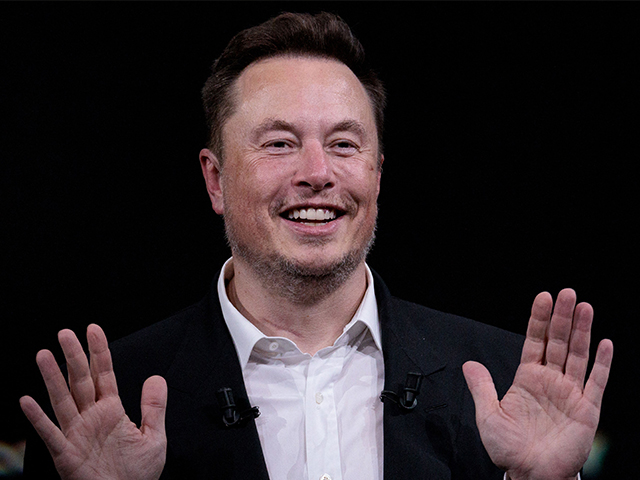Thousands of people have reportedly shown interest in participating in the FDA-approved human trials of the brain-computer interface developed by Elon Musk’s Neuralink. Test participants will have a computer chip installed in their brain, and can only hope for better results than Musk’s test monkeys, many of which suffered a gruesome fate.
Business Insider reports that Neuralink, the brain-computer interface startup co-founded by Elon Musk in 2016, has seen a surge in public interest for its upcoming human trials. A recent report indicates that thousands have lined up to be part of the trials, which involve the implantation of a brain chip, referred to by Musk as a “Fitbit in your skull.” This development follows the FDA’s approval for Neuralink to commence human trials, after initially rejecting its bid over safety concerns.

SpaceX, Twitter and electric car maker Tesla CEO Elon Musk attends an event during the Vivatech technology startups and innovation fair at the Porte de Versailles exhibition centre in Paris, on June 16, 2023. (JOEL SAGET/AFP via Getty Images)
Neuralink’s ambitious project aims to create a symbiosis between humans and machines, allowing for direct communication and control via thought. While the initial focus is on aiding individuals with neurological disorders, such as those with paralysis due to spinal cord injuries or amyotrophic lateral sclerosis (ALS), the long-term vision extends to broader applications including message sending or game playing using only thoughts.
The process involves a craniectomy — the removal of a portion of the skull — followed by the insertion of the brain chip and an ultra-thin array of about 64 threads by a robot. These threads, thinner than a strand of human hair, would then interface with the brain. The chip, designed to sit behind the ear, would replace the portion of the skull that is removed during the operation.
Despite the high interest, Neuralink has yet to implant its device in a human. The company has set a target to operate on 11 people next year and over 22,000 by 2030. Prior to human trials, Neuralink has conducted implantation surgeries on animal test subjects, including pigs and monkeys, using the robot designed for the procedure. Elon Musk has been pushing for the robot to operate faster and for surgeries to be performed without human assistance, highlighting his urgency to advance in this field.
Musk’s drive is partly fueled by competition from other brain-computer interface startups like Synchron and Onward, which have already commenced human trials. Musk has emphasized the importance of keeping pace with these advancements, especially in light of the potential development of an AI being that might not be friendly to humans.
Despite Musk’s interest in rushing into an era of brain chips for humans, major red flags have been raised throughout Neuralink’s animal testing. As Breitbart News previously reported:
Ryan Merkley, the director of research advocacy for a medical ethics committee focusing on animal rights, has expressed grave concerns regarding the safety of Neuralink’s device. “Patients should have serious concerns about the safety of Neuralink’s device,” Merkley warns, highlighting well-documented reports of hasty and careless experiments conducted on animals. The committee, which boasts over 17,000 doctor members, has urged potential Neuralink volunteers to reconsider their applications seriously.
The U.S. Food and Drug Administration (FDA) had previously echoed these concerns, denying Neuralink’s requests to commence human clinical trials. The concerns were primarily centered around the potential migration of the implant’s electrodes within the brain and complications arising from the removal of the device, potentially causing irreversible brain damage. Despite these initial reservations, FDA approval was eventually granted in May 2023.
The allegations extend beyond the realm of medical ethics, with the Securities and Exchange Commission (SEC) receiving a complaint urging an investigation into Neuralink for purported efforts to mislead investors about the developmental trajectory and safety of the device. If the SEC decides to act, it would mark the third federal investigation into Neuralink’s procedures, with previous inquiries focusing on internal staff complaints and allegations of unsafely transporting antibiotic-resistant pathogens.
Read more at Business Insider here.


